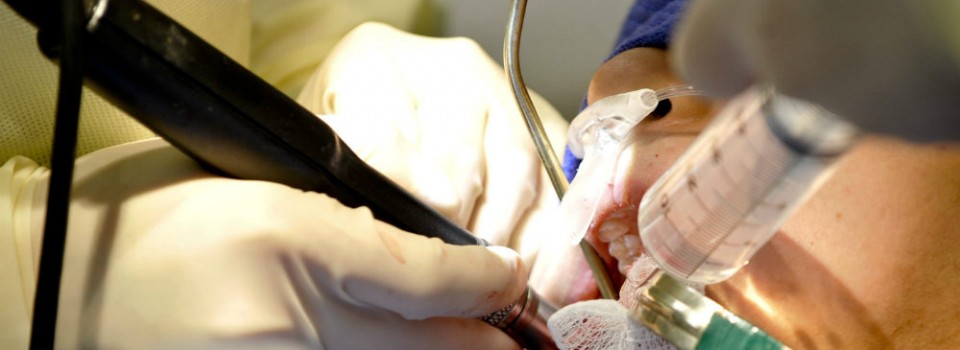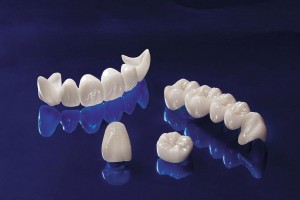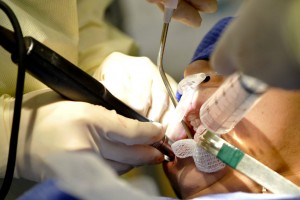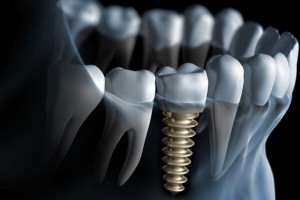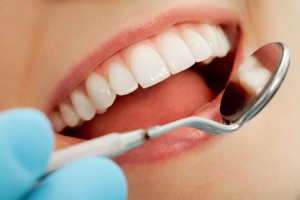Oral and Maxillofacial Surgery is the surgical specialty that includes the diagnosis, surgical and related treatments of a wide spectrum of diseases, injuries, defects and aesthetic aspects of the mouth, teeth, jaws, face, head and neck. It is an internationally recognized surgical specialty.
Oral and maxillofacial surgeons (OMS) are trained to treat and care for patients who experience such conditions as problem wisdom teeth, facial pain, and misaligned jaws. They treat accident victims suffering facial injuries, offer reconstructive and dental implant surgery, and care for patients with tumors, cysts, and developmental craniofacial abnormalities of the jaws/ face and functional and esthetic conditions of the maxillofacial areas.
The scope of this specialty is extensive and concerns the diagnosis and treatment of diseases affecting the oral (mouth) and maxillofacial (face and neck) regions, including the following:
- Preprosthetic surgery (bone augmentation).
- Oral and dentoalveolar surgery (removal of impacted and buried teeth, cysts, etc.)
- Dental implant surgery and associated bone grafting
- Orthognathic surgery (dentofacial deformities)
- Facial trauma surgery (facial bone fractures and related soft tissue injuries).
- Reconstructive surgery of the face.
- Cleft lip and palate surgery.
Congenital craniofacial deformities. - Facial plastic surgery (rhinoplasty, rhytidectomy, blepharoplasty, facial implants, etc.).
- Temporomandibular Joint Disorder (TMJD).
- Snoring and sleep apnea correction surgery.
- Tumor/Cancer surgery.
Oral and maxillofacial surgeons frequently work alongside other specialists including dentists, orthodontists, prosthodontists, radiologists, pathologists, oncologists, ENT surgeons, neurosurgeons, plastic surgeons and other medical professionals.

